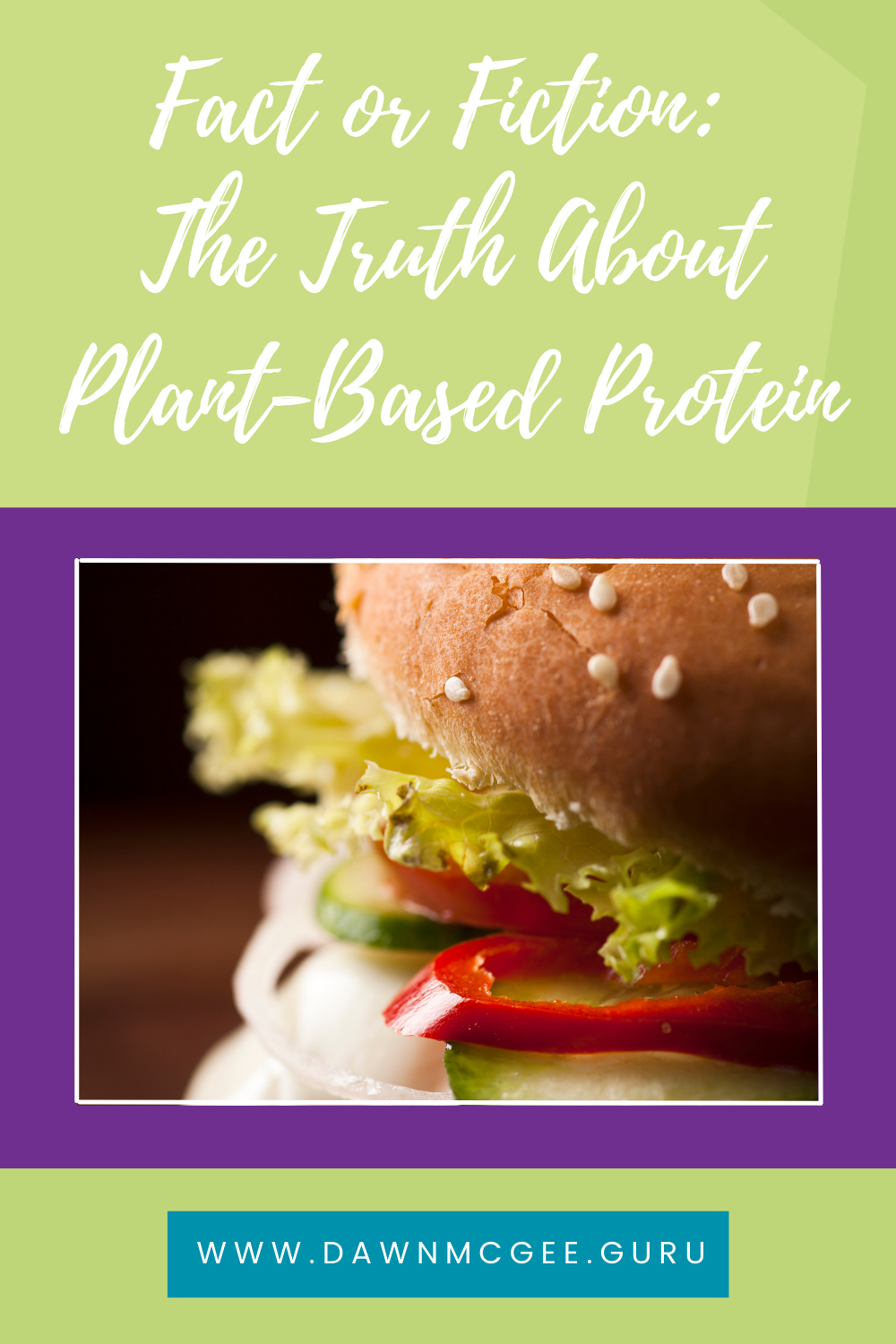Fact or Fiction: The Truth About Plant-Based Protein
August 15, 2022

In our constantly shifting world, I see more and more people around me seeking out meatless options to stand in for their usual protein sources. It’s no myth that too much meat can have a negative impact on your health (too much of anything is just…too much), but there are a few myths surrounding plant-based proteins that need to be squashed.
Unfortunately, if something seems too good to be true, it probably is, and that is certainly true of soy-based products. Many of these products are marketed as if they were a one-to-one replacement for red meat, but that just isn’t the case.
Here are three reasons why soy based foods aren’t the miracle product they seem to be.
1. Soy is difficult for most people to digest.
It's true that soy is a source of protein, but it’s also packed with trypsin and protease inhibitor enzymes. These make the digestion of soy protein difficult, potentially causing some gastric distress along with a deficiency in amino acid uptake if soy is eaten in excess. Poor digestion then leads to unwanted inflammation. Which is the opposite of how I coach my clients!
2. Soy triggers excess estrogen production.
Soybeans contain organic compounds called isoflavones. These compounds trigger your body to produce the hormone estrogen, and estrogen causes your body to store fat and bloat. Estrogen is an important hormone in women and men (that’s right— men too!). The challenge with estrogen occurs when your body produces too much, causing your body to enter estrogen overload and in turn, storing fat and becoming bloated.
3. Soy is not the highest quality plant protein.
The hard truth is that soy protein is cheap and not something you want in your body. Most soy is genetically modified and is not a clean protein. If someone is offering you a shake or other processed foods where soy is the main source of protein, stay away! Be an educated consumer and make a better choice for your body and your health.
Looking for a plant-based protein? Make sure that you get a blend that is a complete protein (containing all the essential amino acids). Quinoa is complete by itself. Or look for blends; I use a shake that has a blend of fava bean, pea, sunflower, and pumpkin protein. It tastes great and I feel good about the quality that I’m putting into my body. It’s so crucial that we don’t blindly follow marketing campaigns that try to tell us that their product is healthy just so that we’ll buy it. Plant-based protein can be a great replacement, but your body and digestion will thank you for staying soy-free.